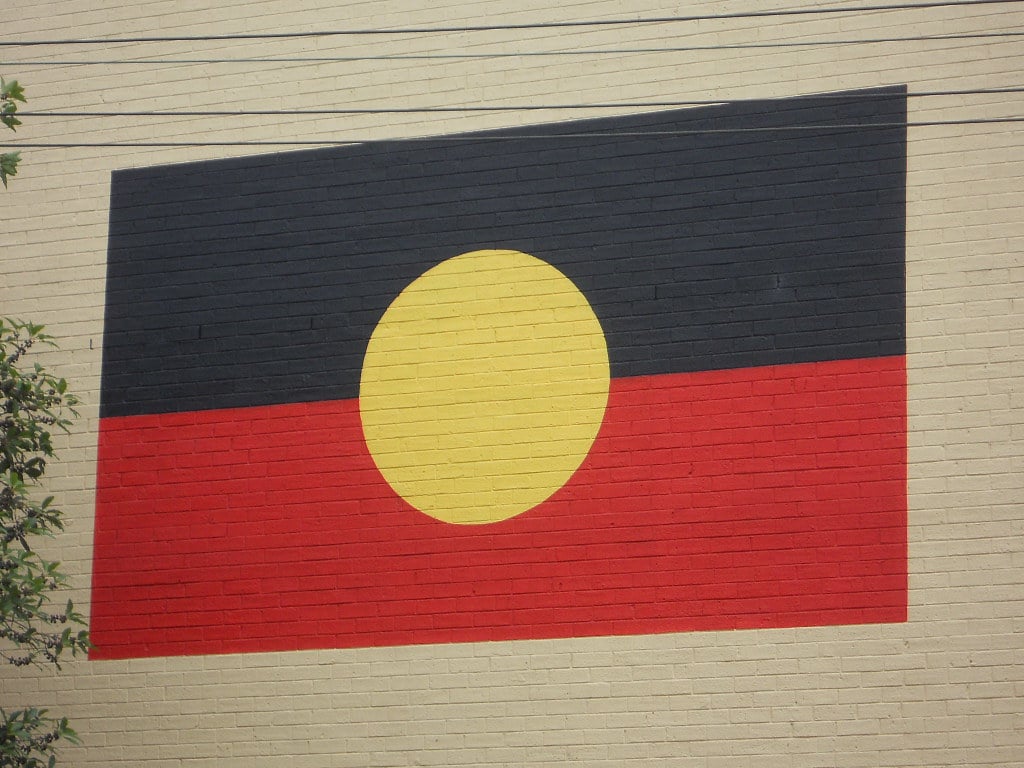
Kirralee Nicolle
2 June 2022
With National Reconciliation Week bringing Indigenous issues to the fore, Aboriginal leaders have responded to the recent change of government.
Aboriginal Christian Leader Brooke Prentis said she was hopeful that the Albanese government would bring much-needed healing for Indigenous Australians but added she was “cautiously optimistic”.
“It meant a great deal to me to have the 31st Prime Minister open with his Acknowledgement of Country and the Statement from the Heart,” she said.
Ms Prentis also mentioned that the issue of climate was a pressing one for voters.
“If we don’t look after our planet which God entrusted to us, then there is no future for anyone,” she said.
Read more: New hope for action on refugees, climate and Indigenous Australians
Research associate and PhD candidate at the Australian National University Bhiamie Williamson wrote in an article for The Conversation on 1 June how Indigenous peoples had been leading Australia’s response to the climate crisis.
Mr Williamson said in the article how there was a “disproportionate” impact on Indigenous peoples of natural disasters, including floods and fires.
He also said in the article that Indigenous Australians are uniquely equipped to address issues of climate due to their vast knowledge of Australia’s history, landscapes and ecosystems.
Speaking of the Labor government, Indigenous elder and Anglican minister Reverend Ray Minniecon said that he was hesitant to anticipate positive change.
“I’m not going to say I’m hopeful,” he said.
“There are a lot of platitudes in the Labor promises (to Indigenous Australians).
“I haven’t lost faith, but our hopes have been dashed far too many times by government promises, and we’ve been left with nothing.”
Read more: World will warm to twice 2015 forecast: St Paul’s public forum
Mr Minniecon said he believed the Uluru Statement from the Heart was vital to greater Indigenous involvement in policy-making.
He said that while he believed Indigenous Australians already had a voice as voting citizens, he said it was important to make sure Indigenous voices were constitutionally recognised.
“Within the mechanism of a structure like a government, somehow our voice needs to be included,” he said.
“The first thing is to make sure that when we go to the polls, we vote in favour of the referendum to give Aboriginal Australians a constitutional voice.”
Mr Minniecon said that what he would also like to see was funding for Indigenous affairs managed and distributed by Indigenous people.
He also said that he would like an assurance that these funds would remain available despite shifts within political parties or changes of government.
For more faith news, follow The Melbourne Anglican on Facebook, Twitter, or subscribe to our weekly emails.






